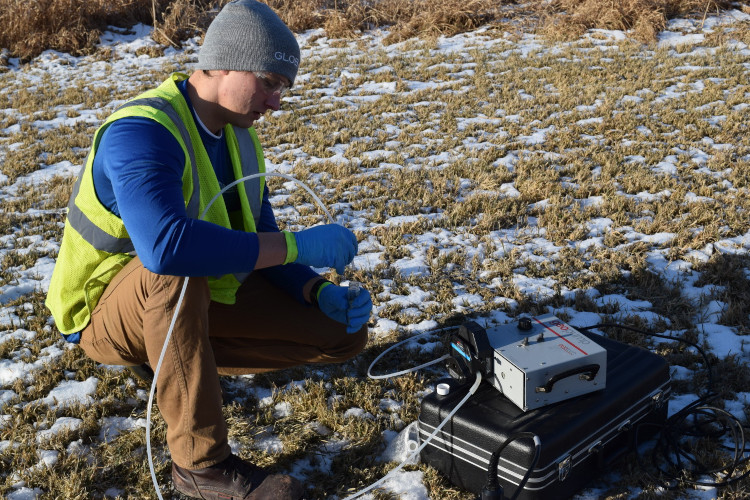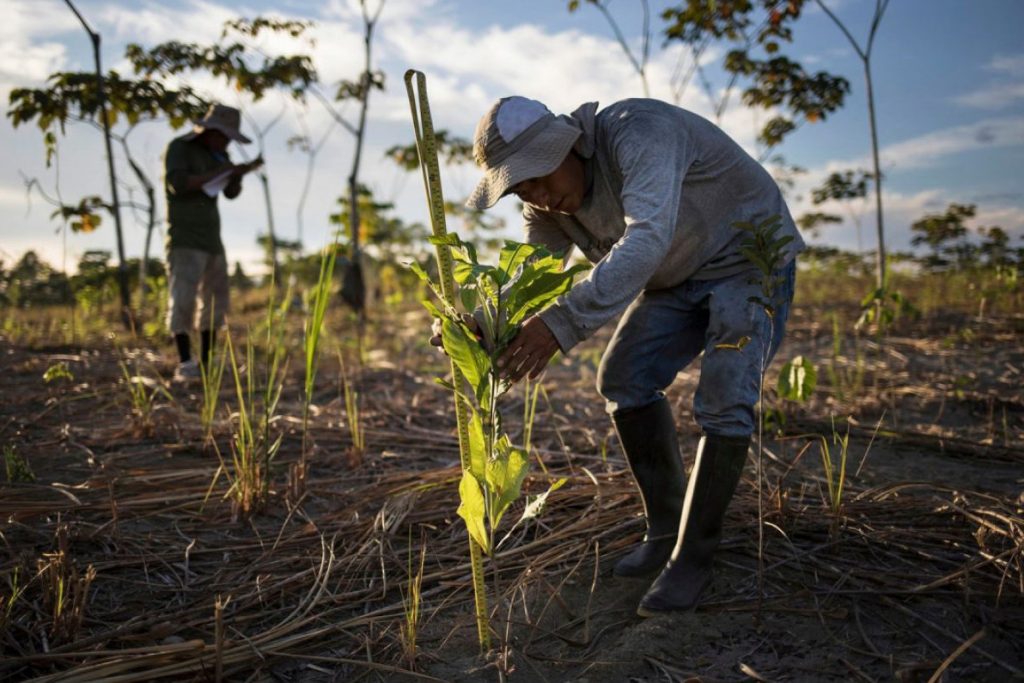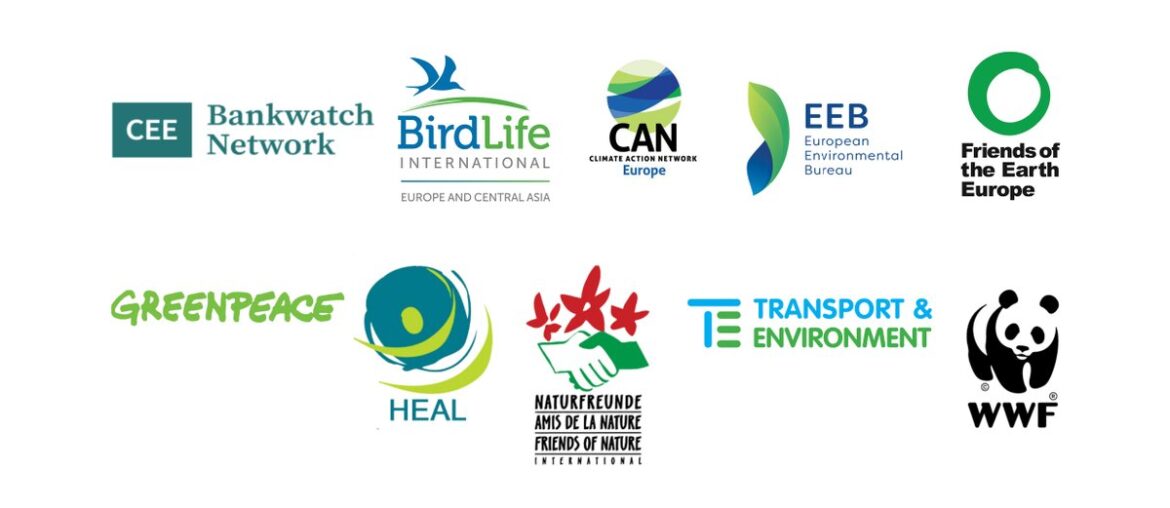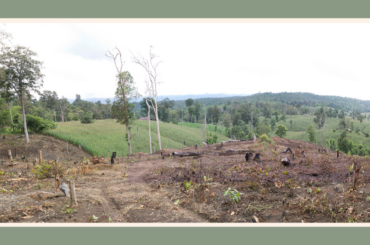It isn’t an exaggeration to claim that environmental non-governmental projects, or ENGOs, are the driving force behind global reforestation. But why?
Like many environmental treaties and conventions before it, COP26 only made tentative steps toward net-zero emissions. It was an uphill battle indeed, with the loudest protesters and the most slippery charlatans also being the most influential and rising superpowers.
The biggest players in COP26 have tried to either postpone, procrastinate, or outright decline to sign the agreement. Therefore, their concordance in cutting down on greenhouse gas emissions is indeed a surprise to environmentalists everywhere.
COP26 is only the most recent example to demonstrate why governmental agencies, despite their power in law-making, cannot be counted upon as the sole solution to climate change. In fact, if you Google the most effective reforestation projects, the top queries won’t be any governmental projects but non-governmental ones.
1. They are the main promoters for global warming awareness

ENGOs are especially effective when it comes to mobilizing public opinion on global warming and, thus, reforestation to sequester greenhouse gases.
Ever since its official acknowledgment, global warming has been a point of contention between environmentalists and skeptics. In the US, the previous Bush and Trump administrations severely censored scientific reports about climate change, trying to mislead the American public on the issue of global warming.
With their government’s environmental agencies being forced to edit their truths to fit skepticism, the American people rely on ENGOs for global warming facts and research. With their broad outreach and widespread campaign, as well as not having their right to free speech impeached, ENGOs have an easier time raising awareness of global warming.
Because they exist independently from governmental agencies, ENGOs have the freedom to operate subjectively, without having to compromise their integrity to promote their respective governments’ ideals.
2. They help mediate and negotiate on global issues

The reluctance of key participants to lower greenhouse gases during COP26 is disappointing but expected. When politics and nationalism are rampant, environmental conventions become a standoff, with all countries trying to push others into agreeing to an emission cap, while trying to propose the lowest level for their home countries.
During this period, the famed 14-year-old environmentalist Tamil Nadu incessantly, brutally, and directly called out world leaders for their inaction and hypocrisy on global warming. This draws international attention, which puts the attending world leaders under heavy pressure.
This isn’t the first time ENGOs have had such a visible effect on international conventions. Oil Change International, Friends of the Earth, 350.org, and Christian Aid have used the Big Shift Global campaign to educate policymakers and the media about why fossil fuel subsidies should be phased out as soon as feasible.
The way that ENGOs help negotiate global reforestation is by acting as mediators between nations beyond their borders, as well as by collaborating with different governments to help bring forth tree-planting projects. A prime example of this is the Three Million Trees in Three Years project, which works with the Jamaican government. Due to its collaboration with different countries, it has become a forum for countries to collaborate on tree planting.
3. They facilitate the transfer of technology

Another benefit to consider is ENGOs’ ability to facilitate the transition in agroforestry and tree-planting projects, which help propel the process of reforestation in less developed countries. While developing countries are sometimes behind on tree-planting technologies, due to agroforestry not being a central sector, ENGOs can step in here to help bring in these countries’ technologies.
With ENGOs’ support in bringing the latest tech to help reduce the cost of tree-planting and enhance the seedlings’ survival rate, countries can benefit from having a free demo on the latest tree-planting techs and science, without actually having to pay for them with the government’s funding. This practice mutually benefits both parties.
It also helps the respective government increase its employment rate. Most environmental ENGOs involved in reforestation will manage their own workforce and equipment, which lessens the workload for the government. They can also use their expertise to step in and help local reforestation projects as well.
In fact, many green inventions in tree-planting are brought forth and supported by global ENGOs.
4. They question long-standing assumptions by the governments and the public.

ENGOs are some of the most astute detectives in investigating and exposing environmental crimes. Many greenwashed brands have been brought to light thanks to independent investigations by ENGOs. In this aspect, ENGOs work as a police force, keeping companies in line with their sustainable values. The greenwashing case of Ikea is a prime example of this.
A poster child for sustainability, Ikea pledged sustainability last year by phasing out fossil fuels and striving towards 100% renewable energy across its value chain by 2030. However, when big companies like Ikea use loopholes in their operating countries’ legal systems to get away with unsustainable practices, it is usually the ENGOs that expose them.
With ENGOs’ constant surveillance, brands and companies will need to uphold their sustainable standards with action and not just words, as ENGOs operate independently, and are a lot harder to lie to than consumers and global governments.
5. They lobby to implement new reforestation policies

Most ENGOs are formed to voice the opinions of civilians on environmental issues, like global warming during the period where countries are still skeptical over it. While the government is still agonizing over how embracing a sustainable effort is going to cost their growth, ENGOs can take action without having to jump through hoops and rings.
They contribute to shaping policy outcomes by lobbying for environmental bills or by partnering with states to carry out governance activities. Greenpeace, which is composed of 26 smaller ENGOs in 55 countries, focuses on building a greener world. ENGOs lobby for the good of the world; this includes sustainability, global warming offset, and awareness.
When successful, ENGOs can have an amazingly significant impact on the process of lawmaking. Greenpeace’s omnipresence can be felt at environmental conventions like COP climate conferences and engages policymakers and diplomats at international forums like the Convention on the Conservation of Antarctic Marine Living Resources (CCAMLR). Greenpeace, like other international ENGOs, encourages governments to collaborate in order to provide greater environmental regulations for greater goods.

With the negative effects of climate change being so visible, environmental non-governmental organizations play a critical role in filling gaps by undertaking research to aid policy formation, improving institutional capacity, and fostering independent communication with civil society to assist people in living more sustainable lifestyles.
But most ENGOs don’t work alone. They branch out and work with local environmental projects to expand their green network and give these fledgling projects the support they need. Sharing the same method, Tenere partners with multiple tree planting projects and ENGOs to bring more trees into the world. Check out our first achievement right here.





